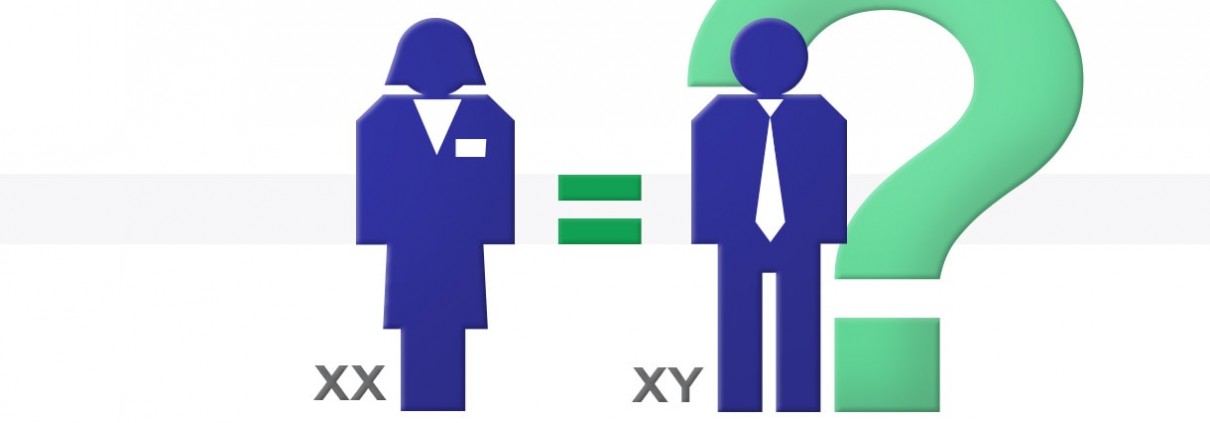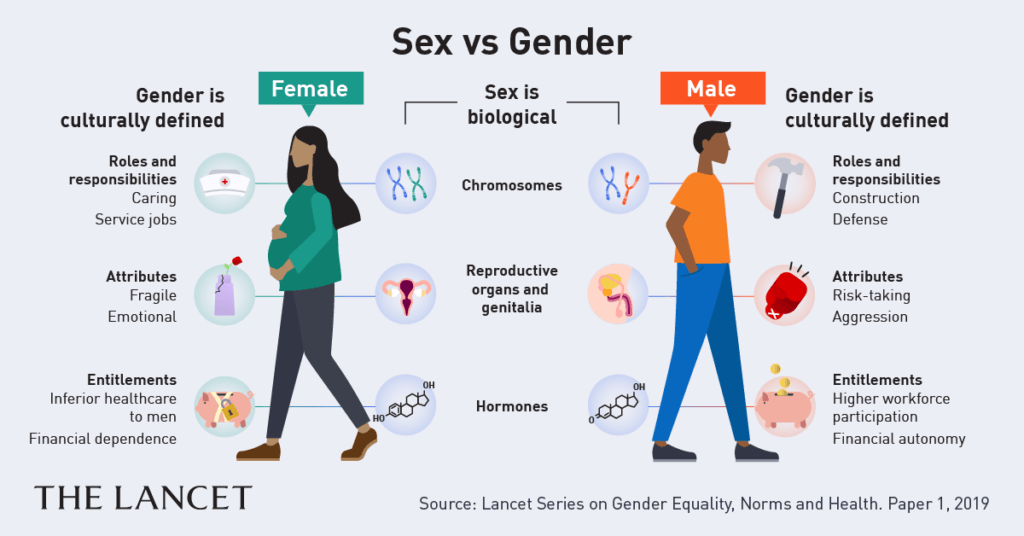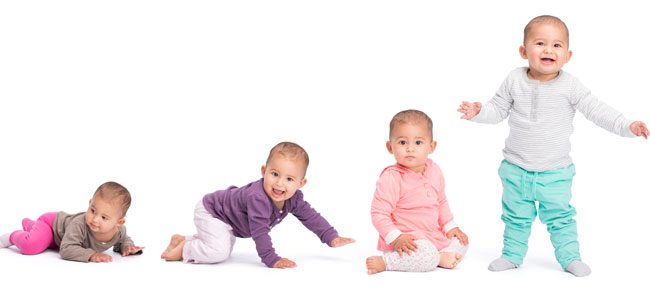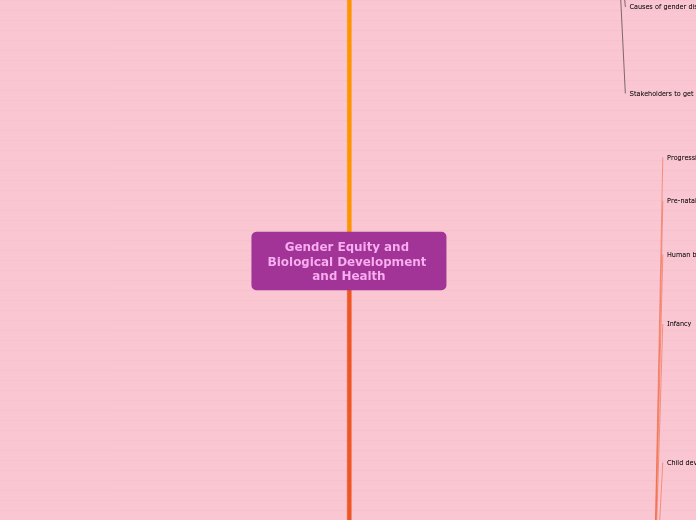Gender Equity and Biological Development and Health
Gender
Gender refers to those attitudes and behaviors accepted by the society as appropriate ways of being a woman or a man.
Parity
Refers to the same proportion of girls and boys enter and complete schooling.
Equality
Aims to ensure that everyone gets the same thing.
Equity
Means fairness without bias.
It means to make sure people get access to the same opportunities to have and enjoy full and healthy life.
Education
According to UNESCO (United Nations Educational Scientific and Cultural Organization), nearly three quarters of a billion of girls do not complete the primary education because of two reasons:
The quality of school is poor.
Girls do not have the same opportunities that boys have.
Equality
All students should have the resources necessary for a high quality education.
Equity
Is based on the premise that an individual´s level of education is correlated directly to future quality of life.
Students who are furthest behind require more resources to catch up.
Low-income
Indigenous
Afro-Ecuadorian
From the rural area.
Gender equality
Members of both sexes should legally enjoy the:
Same rights
Resources
Opportunities
Protection
High quality education
Gender equity
Gender is not an obstacle to achieving educational potential.
Boys and girls have the same opportunities in the future in terms:
economic
social
cultural
political issues
Causes of gender discrimination in education.
Political factors
In many countries women are not considered worthy of education.
Socio-economic factors
Poverty
Socio-cultural factors
Patriarchal society
Chauvinist mentality
Religion
Stakeholders to get the Gender equity
Government
Parents
Schools
Teachers
Students
Biological Development y Health
Progressive biological changes during the life of a human.
Pre-natal development
Period of remarkable change that helps set the stage for future psychological development.
It occurs in three main stages:
germinal stage
embryonic period
fetal period
Human brain development
There are two processes that contribute to the brain development:
the molecular events (gene expression)
the impact of the environment
Infancy
Covers the child during prenatal care and up to 1 year old.
The first year is a period of rapid development for skills:
Motor
Language
Social
Sensory
Thinking
Child development
Refers to the changes sequence that occur in a child from birth to the beginning of adulthood.
Physical
Language
Thought
Emotional
During this process, a child progresses from dependency on their parents to increasing independence.
Child development covers the following skills:
Cognition
The ability to learn and problem solve.
Social interaction and emotional regulation
Speech and Language
Physical skills
Sensory awareness
Adolescence
Period of transition between childhood and adulthood.
Changes that take place during this period development are:
Physical

Intellectual

Personality

Social

Health
Refers to a state of complete emotional and physical well-being and a resource for living and enjoying a full life.
Factors to take into consideration for having good health:
Genetics
The environment
Relationships with:
Friends
Family
Level of education
Income
The relationship between school performance and various health concerns includes:
Poor sleep
Exercise
Importance of breakfast
Obesity
Asthma
Chronic health problems
Diabetes
Epilepsy
Cancer
Hemophilia
Congenital heart conditions
HIV


Universidad de las Fuerzas Armadas ESPE
Name: Amarilis Aracely Yautibug Paz







